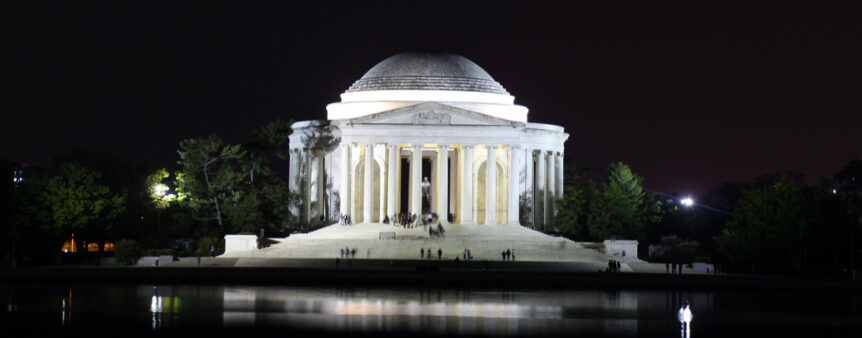
Judicial notice in Washington, D.C.
Judicial notice is a legal doctrine that allows a court to recognize and accept certain facts as true without requiring formal evidence. The doctrine only applies when a fact is generally known or can be accurately and readily determined from reliable sources. Manuel Mejia-Cortez v. District of Columbia, 256 A.3d 210, 215 (D.C. 2021); Broome v. United States, 240 A.3d 35, 43 (D.C. 2020); In re A.B., 955 A.2d 161, 167 (D.C. 2008). See also Federal Rule of Evidence 201 (Judicial Notice of Adjudicative Facts).
 The purpose of judicial notice is to streamline the judicial process by eliminating the need for formal proof of facts that are already well-known or easily verifiable. As McCormick on Evidence has put it, the “oldest and plainest ground for judicial notice is that the fact is so commonly known in the community as to make it unprofitable to require proof, and so certainly known as to make it indisputable among reasonable men.” For example, the court could take judicial notice that the earth revolves around the sun.
The purpose of judicial notice is to streamline the judicial process by eliminating the need for formal proof of facts that are already well-known or easily verifiable. As McCormick on Evidence has put it, the “oldest and plainest ground for judicial notice is that the fact is so commonly known in the community as to make it unprofitable to require proof, and so certainly known as to make it indisputable among reasonable men.” For example, the court could take judicial notice that the earth revolves around the sun.
The court may take judicial notice on its own initiative and at any stage of the proceeding, including after the evidence has been closed. Alternatively, it can take judicial notice at the request of one of the parties provided that the judge is also supplied with the necessary information.
An “adjudicative fact” is defined as a “controlling or operative fact,” the acceptance of which can affect the outcome of the proceeding. This is in contrast to a “legislative fact”; that is, a fact “that triggers a particular legal consequence, whether or not the actor intended that effect.” Blacks Law Dictionary.
